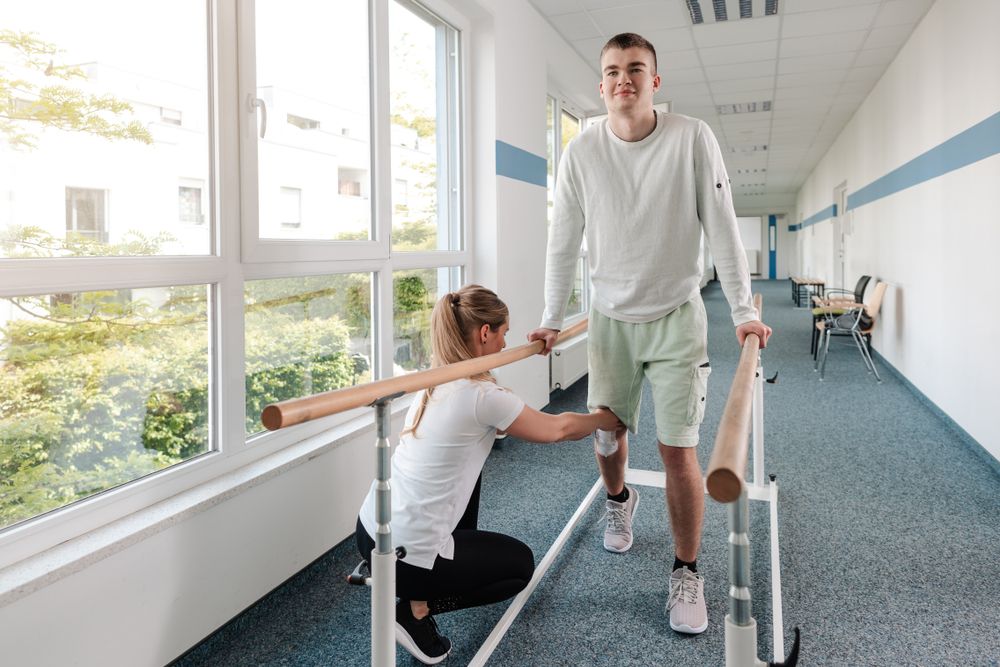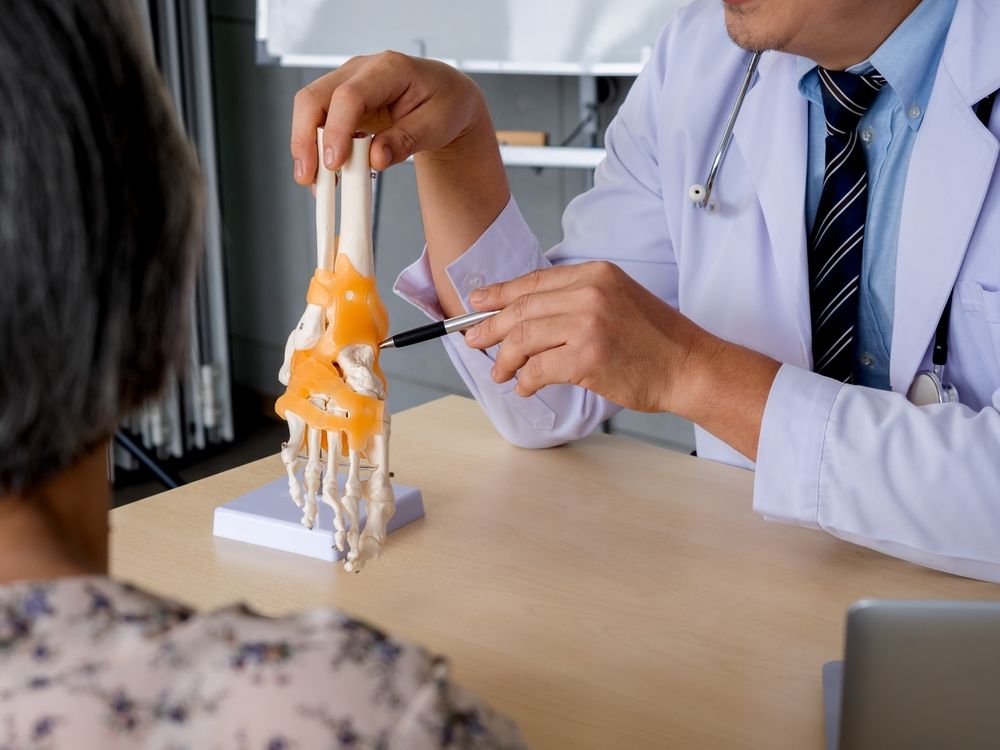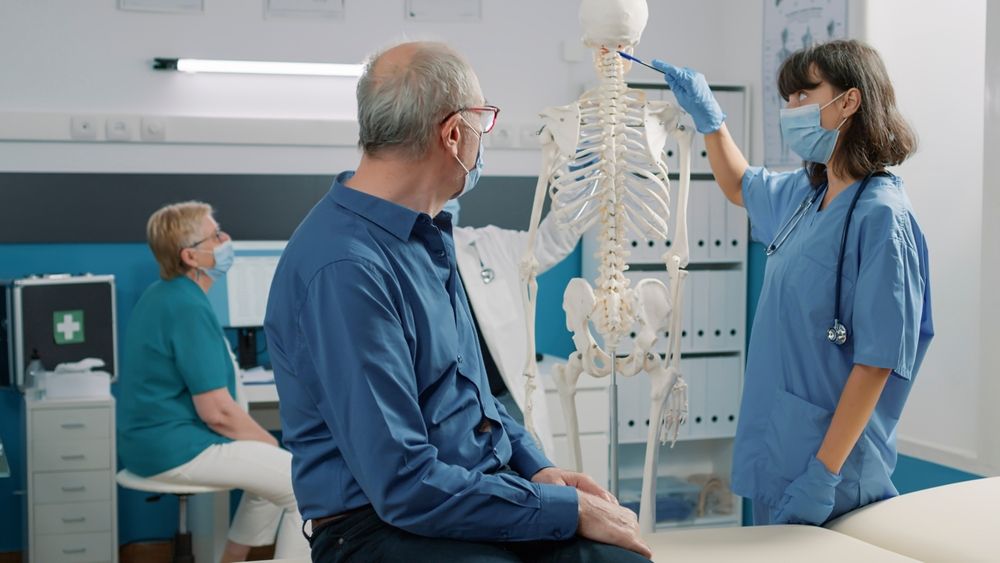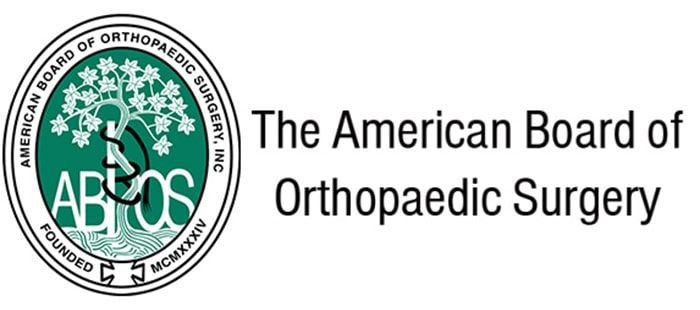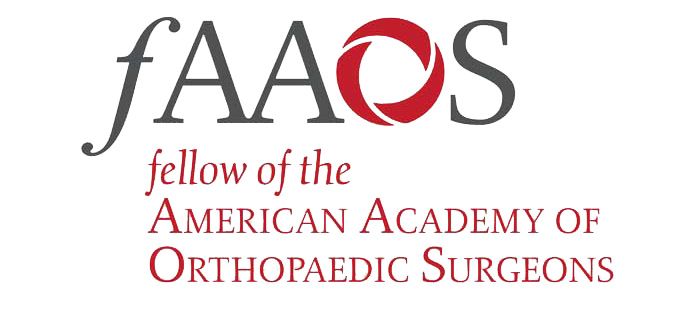When faced with surgery, there are two things that you should take into consideration before agreeing to the procedure. The first step is to seek out more than one opinion. Ask other doctors and surgeons that have experience in your diagnosis. A second opinion can direct you to the best course when considering whether you should agree to surgery. That second opinion might show you that you don’t need surgery.
Once you decide to have surgery, you should research your surgeon’s experience. Why is this essential? Studies show physicians not as experienced in specific procedures have a higher risk of post-operation complications. Sometimes their mortality rates are also higher. One study from US News & World Report shows that patients receiving knee replacements from surgeons who don’t perform the surgery often have a 50% higher mortality rate and are 25% more likely to be admitted again after surgery. Patients receiving hip replacements had a 77% higher mortality rate and were 25% more likely to be readmitted. These statistics also apply to heart failure, heart bypass surgeries, and COPD procedures from hospitals unused to these procedures.
The Leapfrog Group, a healthcare safety institution that operated independently, released a study determining that physicians and hospitals should conduct specific amounts of different procedures every year. This practice would increase safety and lower risks to patients. This group also saw that many hospitals still need the proper experience to perform dangerous procedures.
Questions to Ask Your Surgeon About Their Experience
When choosing a surgeon, your most vital asset is yourself. Your primary physician and other specialists can suggest a surgeon. But you should also talk to the recommended surgeon yourself. You can learn more by asking questions than by taking someone else’s word for it. You’ll be able to ask about their experience, what the rates of complication are, what the expected outcome is, and what your treatment options would be.
When you talk to your surgeon, here are a few questions you could ask:
- What is your specific area of surgical experience?
- How many times have you performed this surgery this year?
- How long have you been performing this procedure? And how many times, in total, have you performed this surgery?
- How often is this surgery performed at this specific hospital?
- Are you certified? And did you receive Fellowship training for this area of surgery?
- What are the rates of complications and mortality rate?
- When factoring my health and any underlying conditions into the decision, should I expect any complications?
- Is this procedure invasive or not? And what are the pros and cons of each?
- Which anesthesiologist do you use at this facility? And how experienced are they?
- Is surgery my only option? If so, how quickly should I have this procedure done? If I wait, what would the risks be?
Talking to your surgeon is a great place to start. But speaking with an advisor can help you learn more about other physicians and options for treatment. The healthcare advisor can offer resources in meeting surgeons for second opinions face-to-face or virtually.
You Are Your Greatest Asset When Caring For Your Health
When you’re faced with surgery, the process can seem daunting. Knowing that surgery might be your only option is frightening, but with the right resources, the options are vast. Choosing a surgeon doesn’t have to be a complex process; the decision is ultimately up to you. When it comes to making an informed decision, you are your greatest asset.


